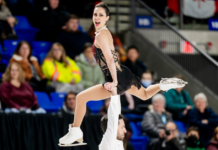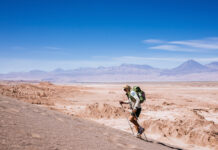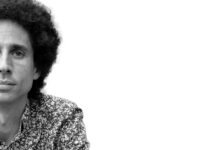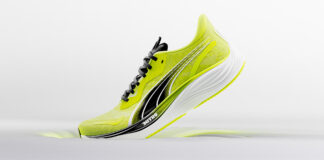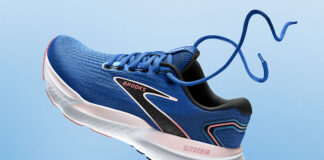Vancouver’s Filsan Abdiaman came to running eight years ago as a means of denial and distraction from her eating disorder, which she was using to deal with difficult emotions. She was literally running away from her problems.
“Exercise and running are helpful tools to cope with mental health issues,” says Abdiaman, 34, “but what happens if you get injured and you can’t run anymore or the gym is closed, like it was during the pandemic, and you can’t exercise?
“It’s important to find more than the movement piece to deal with your mental health.”
Suffice to say that bingeing and purging while increasing her kilometres for ultra trail races ultimately took its toll on Abdiaman’s body. She lost her period for two years, she was experiencing erratic mood swings, and it was affecting her endurance performance. She only confided in her older sister, too ashamed to tell the rest of her family about her bulimia.
Abdiaman noticed a heavy emphasis on training in running culture yet not enough attention on proper fueling and rest and recovery. People are not talking about eating disorders or disordered eating in the running world because of the stigma and the shame associated with it, she says. “Disordered eating is partaking in restrictive behaviours and seeing food as either good or bad. It’s the mentality of ‘I’m going to eat this much because I’m going to run this much tomorrow.’ Those types of thoughts are very problematic.”
Dieting, disordered eating and eating disorders exist on a spectrum, Abdiaman explains, and if you’re not careful it can go to the extreme, which is what happened to her.
She eventually sought professional help and stopped looking to relationships and other external sources to find love and determine her self-worth. Abdiaman continues to do the self-work to enjoy running for what it is to her: her passion. In fact, what draws her to ultra running is the discovery of self she experiences when being with her mind for all those hours.
That’s when epiphanies happen.
“The love you are seeking is the love within,” became the mantra for the running group she founded in Toronto in 2016. Project Love Run (PLR) spread like, well, love, creating chapters in Montreal, Toronto, Victoria, and Vancouver, where she moved in 2017.
“I wanted to create a safe space for self-identifying womxn to connect with others, move their body intuitively in an inclusive environment and have a safe space to talk openly,” she says. The monthly runs are no longer than five kilometres and conclude in a thematic conversation over brunch. Past topics include sexual health, the diet culture and weight stigma, fertility, and beauty standards.
It’s important to find more than the movement piece to deal with your mental health.
The spelling of womxn with an “x” allows for multiple definitions and identities of women. No individual is only an ethnicity, a gender, or a size. Abdiaman describes her own identity as complex — born Muslim in Somalia, growing up in Kenya, and living in Canada since the age of 18. She is a strong voice in the many communities she belongs to, expressing herself through her poetry on her personal and PLR Instagram posts. She writes about her relationship with running, physical and mental health, friendships, and being Black.
She wants other Black runners who are struggling with an eating disorder to feel they are not alone. In her own personal training practice, she strives to change the toxic weight-centric messaging in the fitness world, instead looking at health holistically, not only as an objective or outcome.
“Still out here running
in very White
Spaces.
Only difference now is
I have the confidence
And endurance
to keep
Talking about Being Tokenized by Brands,
Being Minimized to make others
comfortable in my presence,
Being Dismissed, Ignored & yes,
Censored. I’m still Running.”
(August 20, 2020)
As part of her healing, Abdiaman’s therapist encouraged her to write love notes to herself, to blossom the self-love that was absent. She wrote the notes, 100 of them, and also signed up for her first 100 kilometre race in April 2018. “I ran that race to celebrate my journey of self-love and what I had accomplished,” she says. “I run ultras because I know I can be a better person at the end of the run.”
In Somali, Filsan means someone who stands out from their peers; an athlete with impact.
Lead image by Alia Youssef
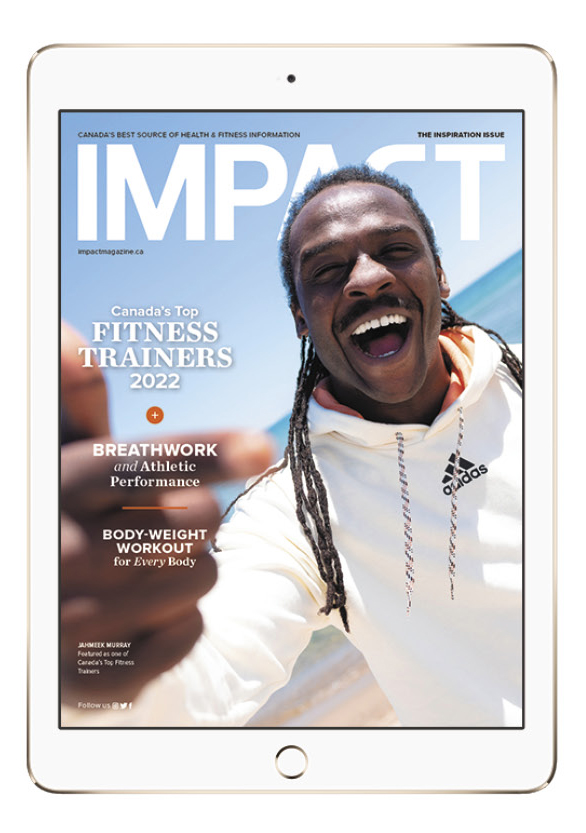
Read This Story in Our 2022 Inspiration Digital Edition
Read about Canada’s Top Fitness Trainers 2022. Need new ideas for your next workout. Test your fitness levels and see how you measure up. World-renowned breath expert, Richie Bostock shows us how to breathe correctly, 7 yoga poses for a better sleep, recipes and much more!


